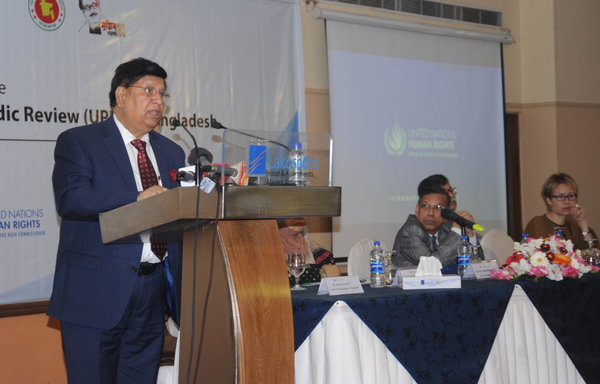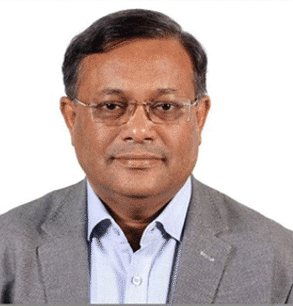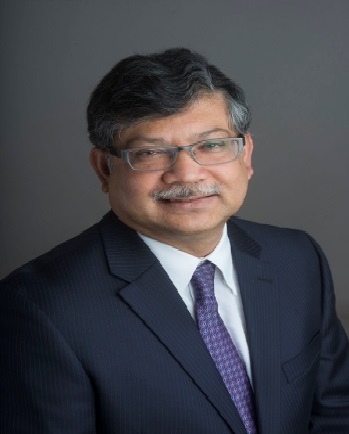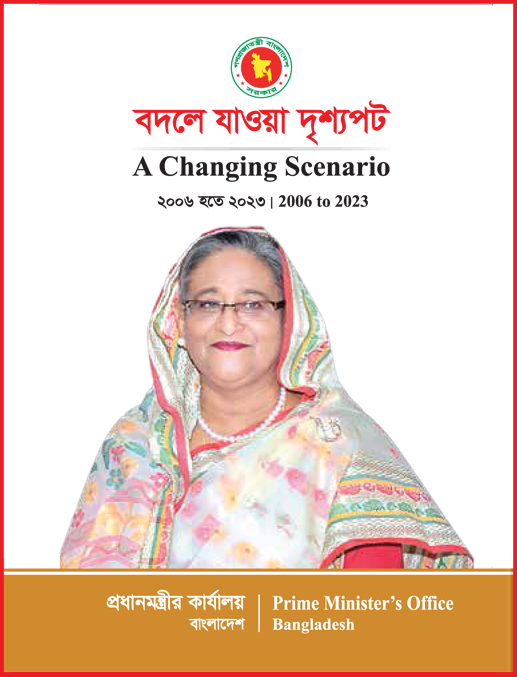Remarks by Dr. A K Abdul Momen, Hon’ble Foreign Minister at the Inaugural Session of the"Workshop on implementation of the 3rd Universal Periodic Review (UPR) of Bangladesh"

Hon’ble Minister of Law, Justice and Parliamentary Affairs, Mr. Anisul Haque, MP
Ms. Nasima Begum, NDC, Chair, National Human Rights Commission, Bangladesh
Foreign Secretary and other senior Government officials,
Ms. RensjeTeerink, Head of EU Delegation in Bangladesh
Ms. Mia Seppo, UN Resident Coordinator
Distinguished Guests, Ladies& gentlemen
Good morning. Peace be on you.
I am delighted to be present here at the Inaugural Session of the Workshop on implementation of the 3rd Universal Periodic Review (UPR). My sincere appreciation goes to the United Nations Resident Coordinators Office (UNRCO) and Office of the High Commissioner for Human Rights (OHCHR) for organizing this Workshop jointly with the Ministry of Foreign Affairs.
Ladies & gentlemen,
Human rights are the basic rights, right to food, right to shelter, right to life, right to development and freedom are inalienable rights. These are inherent to all human beings, regardless of race, sex, nationality, ethnicity, language, religion, or any other status. Human rights include the right to life and liberty, freedom from slavery and torture, freedom of opinion and expression, the right to work and education, and many more. Everyone is entitled to these rights, without discrimination. These rights are all interrelated, interdependent and indivisible. These rights are guaranteed to every citizen by our constitution also. Sadly, countries that don’t practice these rights for decades are also enjoying preferential treatments including GSP facility.
Dear Audience,
The life of the Father of the Nation Bangabandhu Sheikh Mujibur Rahman is an example of supreme sacrifice and struggle for ensuring rights of Bangali people. He always fought for people’s rights and justice. His political ideologies reflected his belief in humanity, empowering people, ensuring socio-economic freedom, establishing democracy and peace and rights of the oppressed people all across the world. In his speech at the UN General Assembly in 1974, he urged international community to work towards protecting human rights. He said and I quote: “we must reaffirm in unequivocal terms that there is an international responsibility to ensure that everyone everywhere should enjoy the economic, social and cultural rights indispensable for human dignity and the free development of one's personality as guaranteed by the Universal Declaration of Human Rights.”
Today, I urge everyone present here to understand and follow Bangabandhu's ideology and play their due role in ensuring human rights and justice for all.
Ladies & gentlemen,
The constitution of Bangladesh that was adopted after the liberation war enumerated all human rights as fundamental rights and fundamental principles of State policy. The Constitution of Bangladesh declares equal rights for all citizens and prohibits discrimination by the state on the grounds of religion, race, caste, sex in article 28 (1). The principle of non-discrimination is also enshrined in other articles. While the Constitutional and statutory laws provide for protection of fundamental freedom and human rights, there are special laws in place to ensure the rights of women, children, minorities and other vulnerable groups. No one must be left behind.
Dear Audience,
Guided by the ideology of the Father of the Nation and Constitutional pledge, Bangladesh is committed to uplift human rights of every citizen in providing a better life, food, shelter, security, employment, education, free mobility, and rights to enjoy their inalienable rights. The government of Hon’ble Prime Minister Sheikh Hasina has prioritized human rights, especially by creating opportunities for all, irrespective of race, ethnicity, color, religion, caste or/and background.
Bangladesh is committed to prevent any attempts to violate human rights besides ensuring universal human rights. In accordance with the provision of National Human Rights Commission Act 2009, a statutory independent National Human Rights Commission has been established in the country. Bangladesh is committed to ensure the independence and effectiveness of the Human Rights Commission.
In addition, other national institutions like Independent Anti-Corruption Commission, independent media, independent and strong judiciary, National Integrity Strategy are making important contributions to the protection of the basic rights of the people.
Our commitment to equality helped us champion in women’s empowerment. Bangladesh ranks 50th among 153 countries with a score of 72.6% in Global Gender Gap Index 2020 (World Economic Forum’s Global Report 2020).
Bangabandhu had made law for the children in 1974 and made primary education compulsory. The present Government has achieved much success in implementing that policy. Various programmes including Street Children’s Day, National Girl Child Day, Prevention of Child-Marriage Day along with programmes with autistic and other special need children are being observed. We will continue our efforts to ensure safe and secure environment for the children.
Ladies & gentlemen,
Bangladesh is a land of communal harmony where over centuries; the streams of Islam, Hinduism, Buddhism and Christianity have coalesced to form the intricate web of a close knit social fabric. This has nurtured the sapling of nationhood, which spreads its branches basking in the rays of secular belief paving the way for a culture of inclusiveness, tolerance, and harmony. In Bangladesh, we believe ‘‘Religion is personal but festival is for all.’’
Ladies & gentlemen,
Bangladesh continues to make significant progress in rapid economic and social development which has helped to increase living standard of the general people. Last year its GDP growth was highest among the 45- Asia Pacific countries. Not only that, it reduced its poverty more than half from 42-20.5%. Poverty eradication, sustainable growth, protection of the environment, women empowerment and human-resources development are some of the key features of Bangladesh’s development strategy. Extensive rural development, embedded in the concept of ‘My Village My Town’ and home-grown and pro-poor village projects like ‘Ashrayan, ‘Amar Bari Amar Khamar’, have contributed to our inclusive development.
Dear Audience,
As a responsible member of international community Bangladesh also maintains a strong relationship of cooperation and collaboration with the international partners including the United Nations and its human rights mechanism.
Bangladesh is a signatory to 8 out of 9 core international human rights treaties. Apart from submitting regular reports at various treaty bodies, we have remained robustly engaged with various UN human rights mechanism including the Universal Periodic Review (UPR). During the third cycle Bangladesh accepted 178 recommendations which we have to implement in next 4 years. I am pleased to know that the Government is working for the implementation of those recommendations. As serving member of the Human Rights Council for the term 2019-21, Bangladesh would continue to work towards promoting universal human rights.
Ladies & gentlemen,
All of you know, Bangladesh is hosting over 1.1 million persecuted Rohingyas from Myanmar in Bangladesh. Bangladesh also leads the humanitarian response for them. All of these efforts of Bangladesh contributed to the maintenance of regional peace and security as well as upholding universal human rights.
Recently International Court of Justice (ICJ) has given ruling in the case concerning Rohingya filed by Gambia against Myanmar which is a victory for humanity, and a victory for Gambia, the OIC, and of course, millions of Rohingyas who after fleeing atrocities in Myanmar, were saved by the 'mother of humanity', Prime Minister Sheikh Hasina. Such verdict hopefully will help stop recurrence of ethnic cleansing and genocidal acts anywhere in the world.
Dear Audience,
The international community must accept their collective responsibility to act if states fail to protect citizens from genocide, ethnic cleansing, war crimes or crimes against humanity. I believe, today’s workshop provided us with the platform to exchange ideas, knowledge and best practices among various stakeholders on the ways of guaranteeing human rights for all across nations.
In addition, it may be time to create strong public awareness across nations to stop creating environment of violence, wars and terror, applying of weapons of mass destruction that results in miseries for people, uproot them from their homes, make them refugees and basically deprive them of their basic rights and definitely human rights.
Thank you all.
Joi Bangla, Joi Bangabandhu













